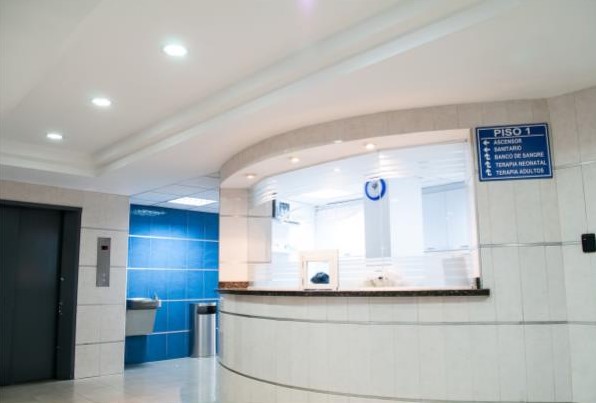16
Nov 2023
What Are the Top Signs of a Quality Medical Practice?
Published in General on November 16, 2023

As the heartbeat of community well-being, medical practices play a pivotal role in our lives. Beyond the sterile walls and diagnostic tools, what truly defines a quality medical practice? It extends beyond the realm of clinical excellence, encompassing a tapestry of attributes that collectively create an environment conducive to healing and trust. In this exploration, we uncover the top signs that distinguish an exceptional medical practice, ensuring patients not only receive effective treatments but also experience a holistic and patient-centric approach to healthcare.
Patient-Centric Approach
At the core of a quality medical practice lies a patient-centric ethos. The journey from the reception desk to the examination room should radiate a sense of welcome and appreciation for each individual. Administrative staff, the unsung heroes of the front lines, must efficiently handle appointments and paperwork, recognizing the value of a patient's time. Comfortable waiting areas and clear communication channels set the stage for a positive patient experience. Moreover, a quality medical practice invests in patient education, empowering individuals to actively participate in their health journey, and fostering a partnership between healthcare providers and patients. Amidst the pursuit of excellence in patient care, logistics services for the pharmaceutical and healthcare industries quietly play a pivotal role. Ensuring the timely and secure transport of medical supplies, pharmaceuticals, and equipment, these logistics services are the unsung heroes supporting the seamless operation of medical practices. By guaranteeing that essential medications and equipment are readily available, these services contribute significantly to the overall reliability of a quality medical practice.
Competent and Compassionate Healthcare Professionals
The soul of any medical practice resides in the expertise and compassion of its healthcare professionals. Physicians, the architects of well-being, should not only possess stellar qualifications but also the ability to empathize and communicate effectively. Beyond the clinical diagnosis and treatment plans, a compassionate healthcare professional acknowledges the emotional and psychological facets of illness. The amalgamation of competence and compassion builds a bridge of trust between patient and practitioner, laying the foundation for better health outcomes.
State-of-the-Art Facilities and Technology
In the ever-evolving landscape of healthcare, a quality medical practice embraces innovation through state-of-the-art facilities and cutting-edge technology. Modern equipment enhances diagnostic precision, offering a comprehensive understanding of medical conditions. Electronic health records streamline communication and ensure the seamless flow of information between healthcare providers. The integration of advanced technology is not merely a status symbol but a commitment to elevating the standard of care, emphasizing accuracy and efficiency in diagnosis and treatment.
Commitment to Continuous Improvement and Innovation
The hallmark of a quality medical practice lies in its unwavering commitment to continuous improvement and innovation. This transcends the realm of medical expertise and extends to administrative processes and patient care. Regular training programs for staff showcase dedication to professional development, ensuring that the team remains abreast of the latest advancements. By fostering a culture of adaptability and forward-thinking, a quality medical practice positions itself at the forefront of healthcare delivery, constantly evolving to meet the dynamic needs of its patients.
In the intricate tapestry of healthcare, the signs of a quality medical practice are woven with threads of patient-centricity, competence, innovation, and adaptability. Patient experiences are shaped not just by medical expertise but by the amalgamation of compassion, state-of-the-art facilities, and a commitment to continuous improvement. As we navigate the complex landscape of healthcare, the inclusion of logistics for the pharmaceutical and healthcare industries further underscores the interconnected nature of the sector. These signs collectively illuminate the path toward a future where medical practices stand as beacons of health, empathy, and excellence.









